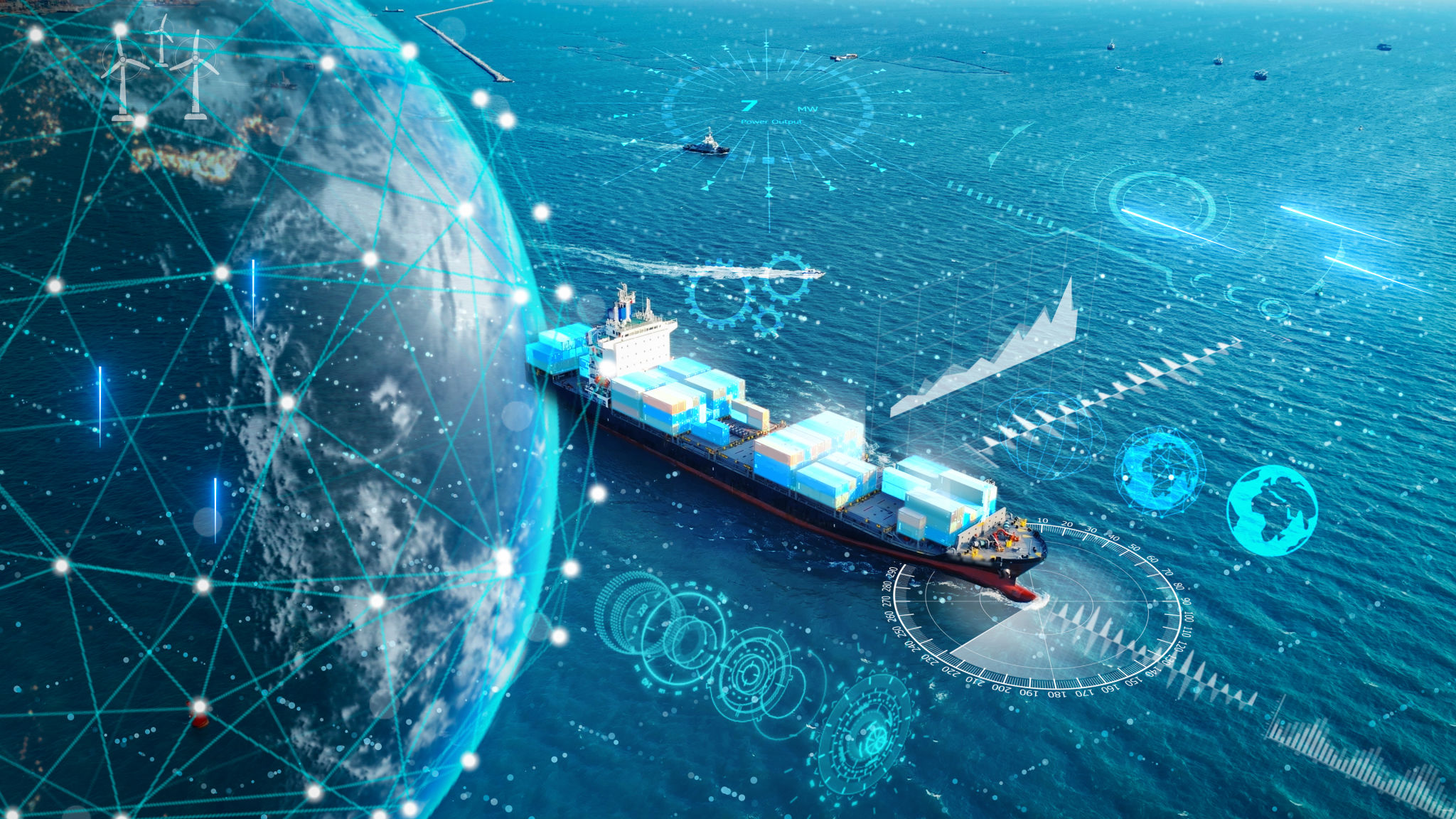The Evolving Dynamics of Carriers and Forwarders
The Changing Landscape of Global Logistics
The global logistics industry is experiencing a significant transformation, primarily driven by the evolving dynamics between carriers and forwarders. This shift is influenced by advancements in technology, changing consumer demands, and the need for more streamlined operations. As businesses seek efficiency and cost-effectiveness, understanding these dynamics becomes crucial.

The Role of Technology in Logistics
Technology is at the forefront of the logistics revolution. With the rise of digital platforms, carriers and forwarders are now able to share real-time data, enhancing transparency and decision-making. Innovations such as blockchain and the Internet of Things (IoT) are further enabling seamless communication and tracking, which helps improve efficiency and reduce delays.
Moreover, automation and artificial intelligence (AI) are being leveraged to optimize routes, manage inventory, and predict potential disruptions. These technologies empower both carriers and forwarders to offer more reliable services to their clients, creating a more resilient supply chain.
Consumer Demands and Expectations
Today's consumers expect rapid delivery times and complete visibility into the status of their shipments. This has placed pressure on logistics providers to adapt quickly. Carriers and forwarders must collaborate closely to meet these expectations, often requiring integration of systems and processes.

To remain competitive, companies are investing in customer-centric technologies like advanced tracking systems and personalized communication tools. This focus on customer satisfaction is driving innovation across the industry, prompting carriers and forwarders to adopt new strategies that prioritize speed and service quality.
Collaboration Between Carriers and Forwarders
The relationship between carriers and forwarders is evolving from a transactional one to a more collaborative partnership. This shift is essential for navigating the complexities of global trade, where flexibility and adaptability are crucial.
Forwarders are increasingly taking on roles beyond traditional logistics management. By acting as strategic partners, they help carriers optimize routes, manage capacity, and mitigate risks. This collaborative approach not only enhances efficiency but also strengthens the overall supply chain.

The Impact of Globalization
Globalization continues to influence logistics dynamics, with an ever-expanding network of trade routes and markets. Carriers and forwarders must navigate diverse regulatory environments, trade agreements, and geopolitical factors that can impact operations.
To thrive in this environment, logistics providers are forming alliances and partnerships that enable them to access new markets and share resources. This collaborative strategy helps mitigate the risks associated with globalization, ensuring stability and growth.
The Future of Logistics
As the logistics industry evolves, the future holds exciting possibilities for carriers and forwarders. Emerging technologies such as autonomous vehicles and drones promise to revolutionize delivery methods. Meanwhile, sustainability initiatives are driving the adoption of eco-friendly practices throughout the supply chain.
Ultimately, the key to success will be adaptability. Carriers and forwarders who embrace change and invest in innovative solutions will be well-positioned to meet the demands of a rapidly evolving industry.
